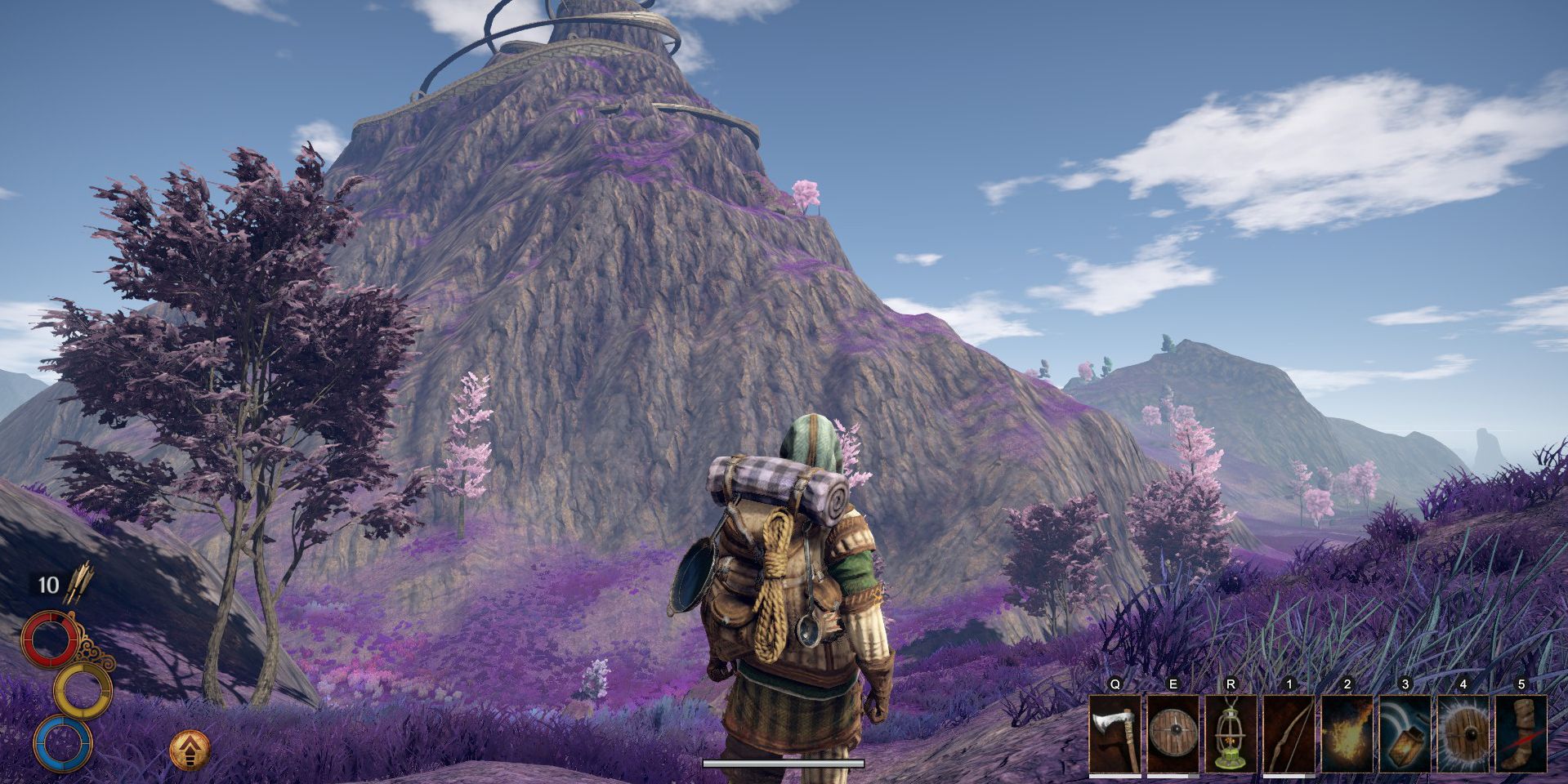
Nearly every fantasy RPG franchise on the market, from The Elder Scrolls to Dragon Age, make the main character a "Chosen One" of some stripe, a hero who's special compared to their companions and enemies. Rarer, but just as interesting, are the RPGs that don't give their protagonists any special edge or narrative weight, forcing them to build their heroic legends and reputations completely from scratch.
Role playing games, in both their tabletop and digital incarnations, are unabashedly a form of wish-fulfillment, a way for people to place themselves in the shoes of characters who are different, exciting, dangerous, and unique. For that reason, the "Chosen One" plot device is very appealing on a personal, archetypal level. It's cathartic and validating to be proclaimed as 'special' – whether that involves being named in a prophecy, reincarnated from a dragon, or getting transformed into a super-soldier.
At the same time, being a self-made hero in video game RPGs can be just as cathartic, particularly since there is a glut of RPGs with "Chosen One" PCs. In the following games, players can start from nothing and work their way up to the status of hero without the crutches of destiny, heritage, or unique superpowers... which, ironically enough, makes them even more unique and special than the average "Chosen One".
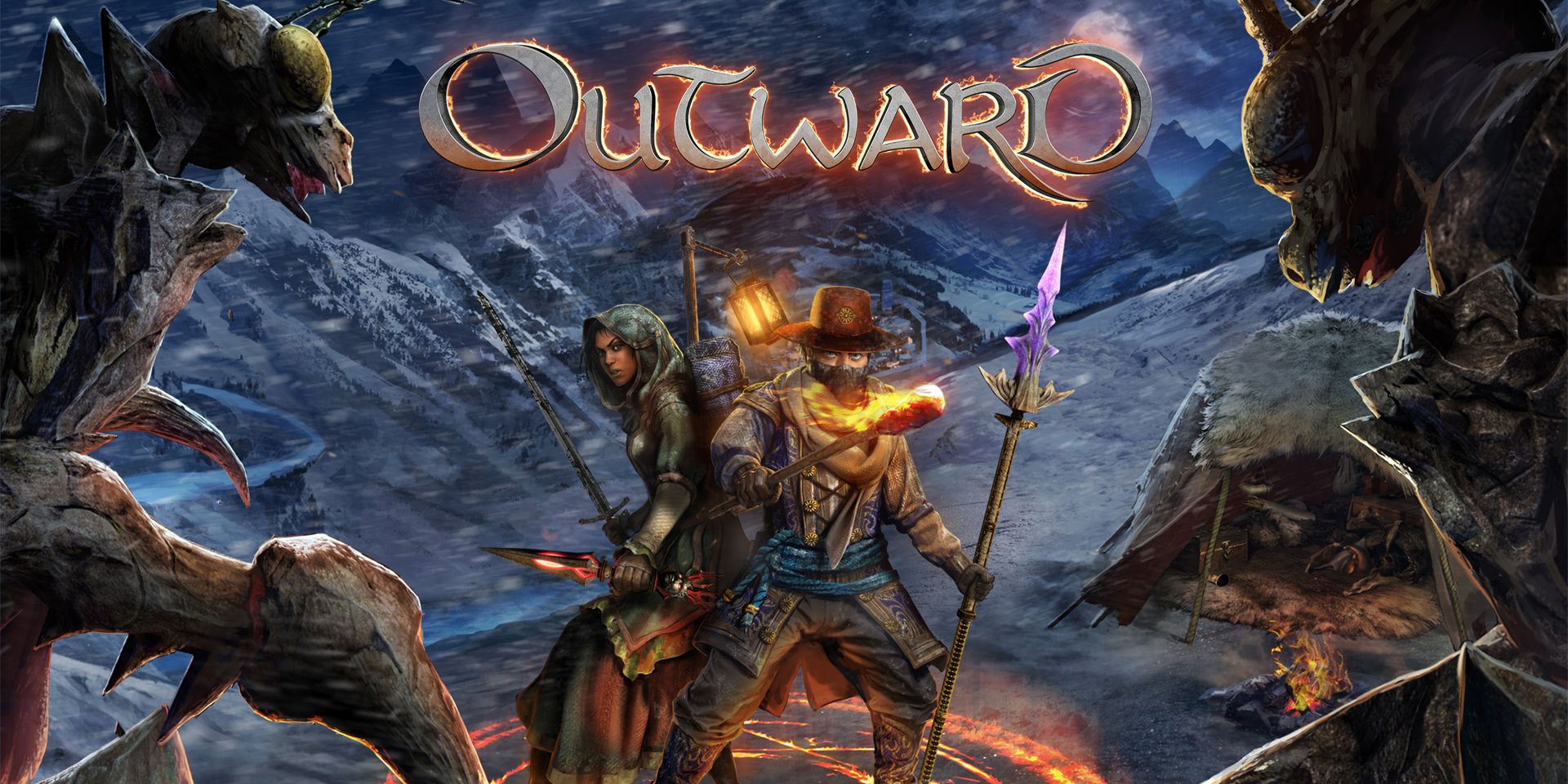
When making Outward, the developers at Nine Dots Studios were intent on making the player character the complete opposite of a Chosen One, a concept they executed through both story and gameplay. In the first act of Outward, the player character goes adventuring not for glory or destiny, but to pay off crippling family debts. Even in the late-game, the combat and wilderness survival mechanics remain perilous and punishing, forcing players to play smart and use every trick in the book to win.
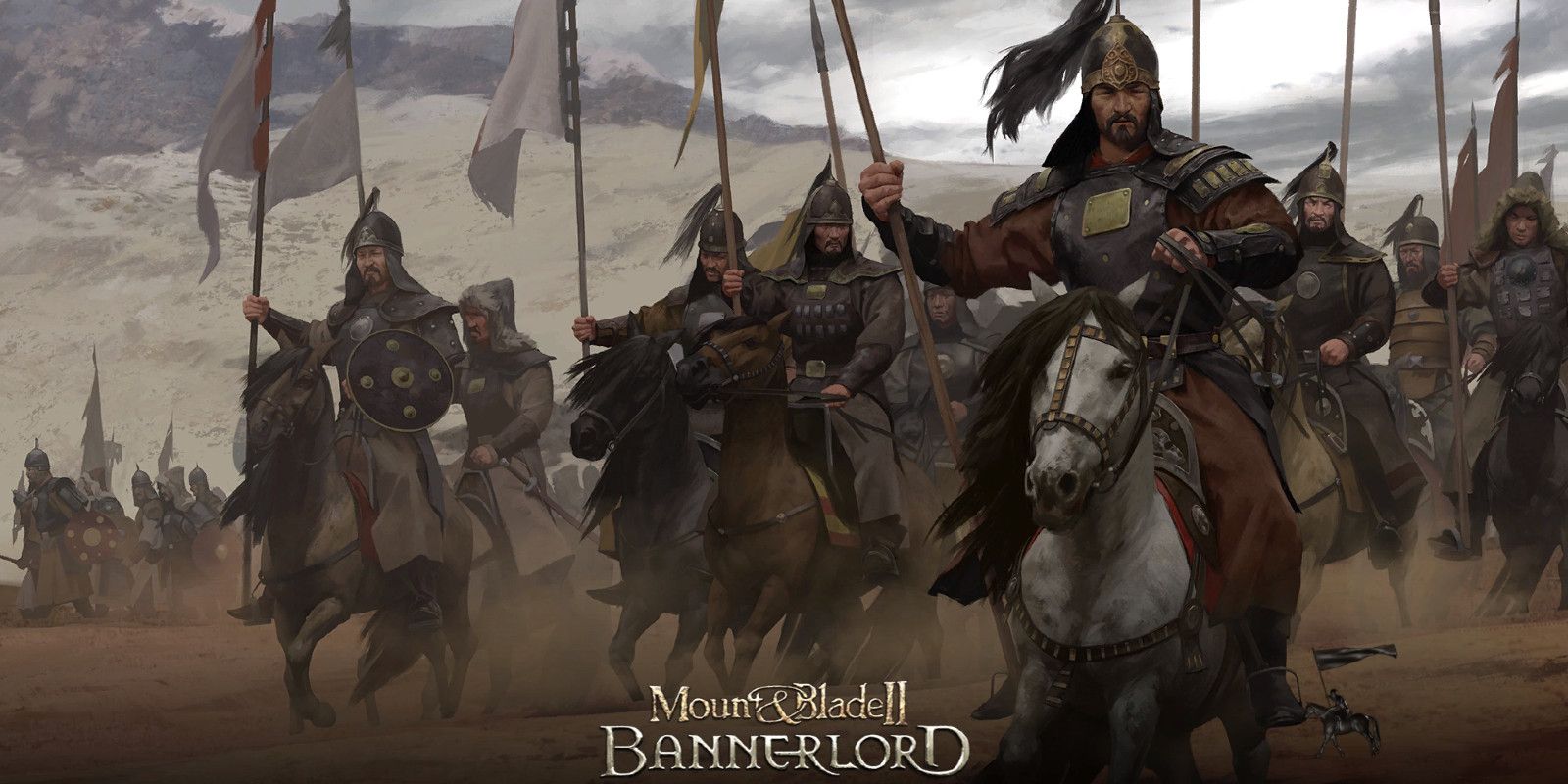
The Mount and Blade series takes place in a fictional medieval world called Calradia, but there's no signs of magic, monsters or blatant divine intervention. Starting out as a dime-a-dozen mercenary, players in Mount and Blade II: Bannerlord can build warbands to lead into battle, acquire high-quality weapons and armor, manages castles and clans, and with a bit of luck, found their own kingdom.
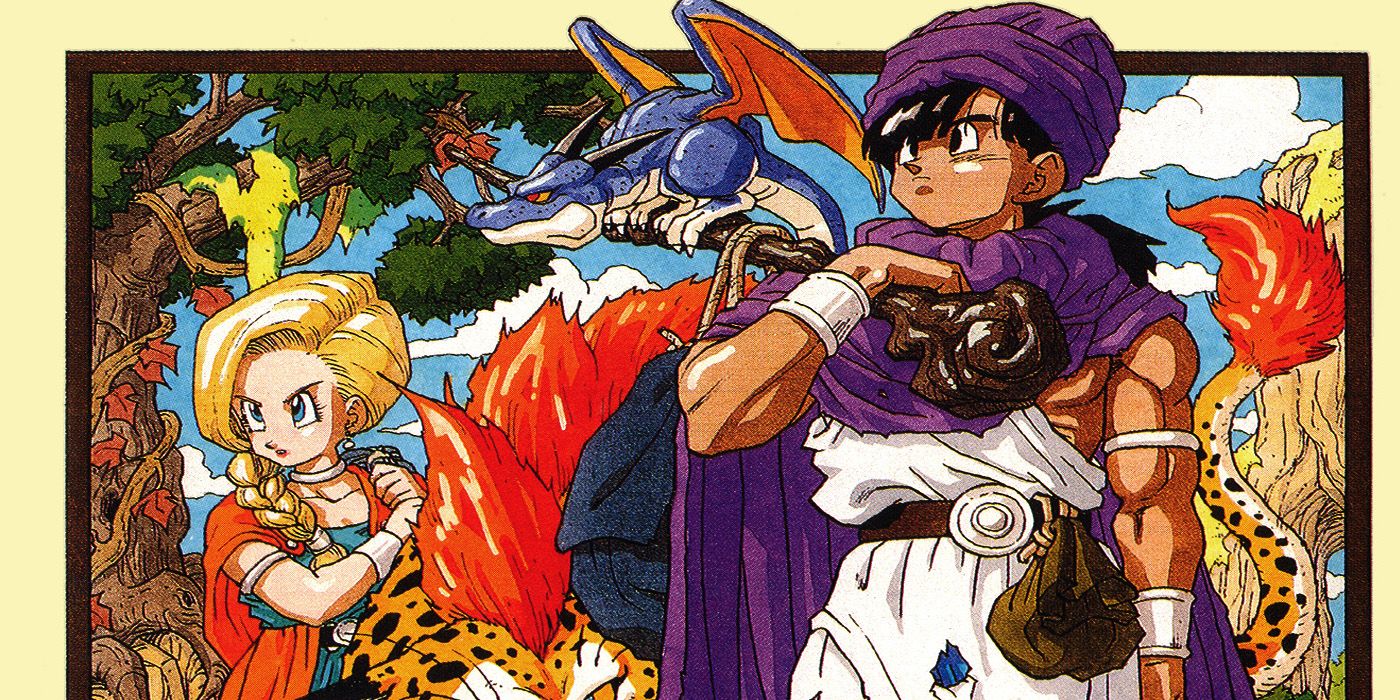
One of the most iconic titles in the best-selling Dragon Quest JRPG series, the Hero of Dragon Quest V – and the player – start their adventure believing they may be the "Chosen One", the hero who will draw forth the Zenithian Sword and save the world.
Halfway through the game, the player character discovers that their destiny isn't to be the Chosen One, but to be the father of the true Chosen One. At that point in the story, though, he's already a powerful spellcaster who won't let their son march off to the final battle alone.
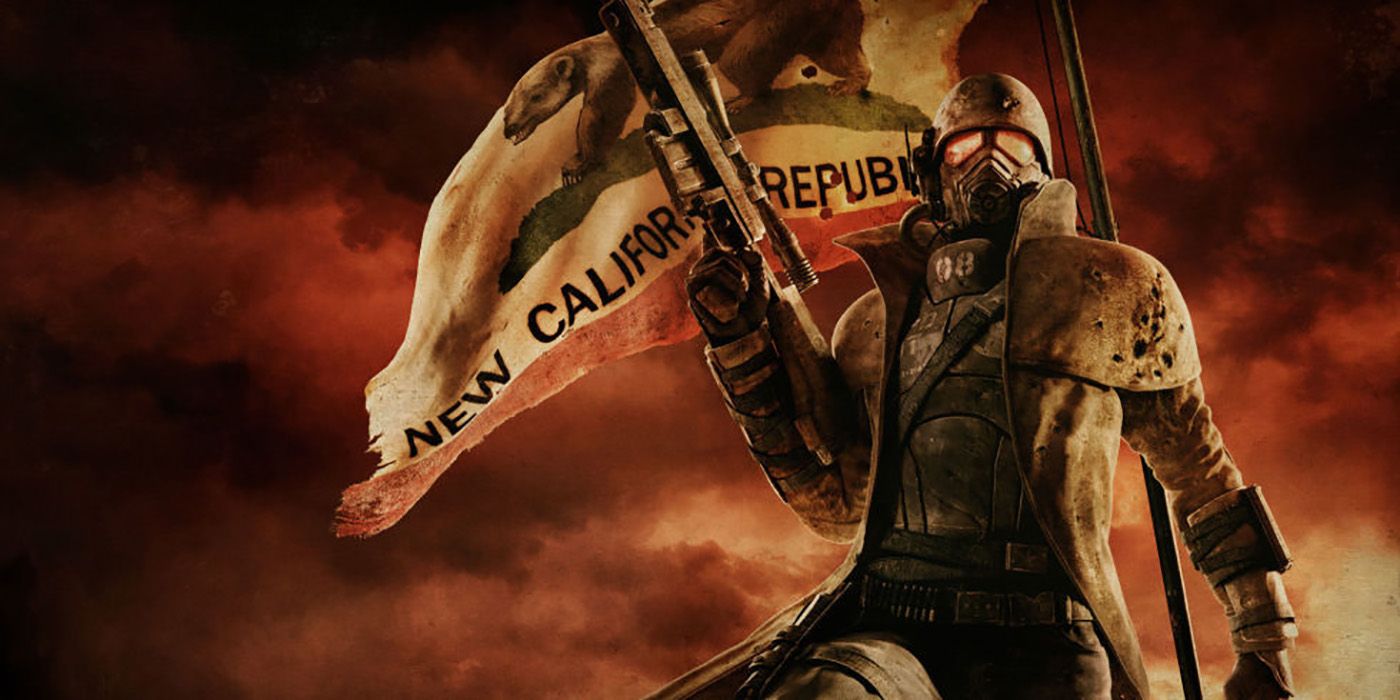
Every other game in the Fallout franchise makes the playable character a naive citizen of the Vaults, raised in an underground nuclear fallout shelter and introduced to the harsh, post-apocalyptic surface world along with the players. Not so for the PC of Fallout: New Vegas: the Courier is just a humble survivor of the Nevada Wastelands, double-crossed, shot in the head, and buried in an unmarked grave.
None of that stops them from surviving, getting revenge, ending a war, and deciding the future of the high-tech metropolis of New Vegas. The studio behind this game, Obsidian Entertainment, went on to develop the game of the year contender The Outer Worlds.
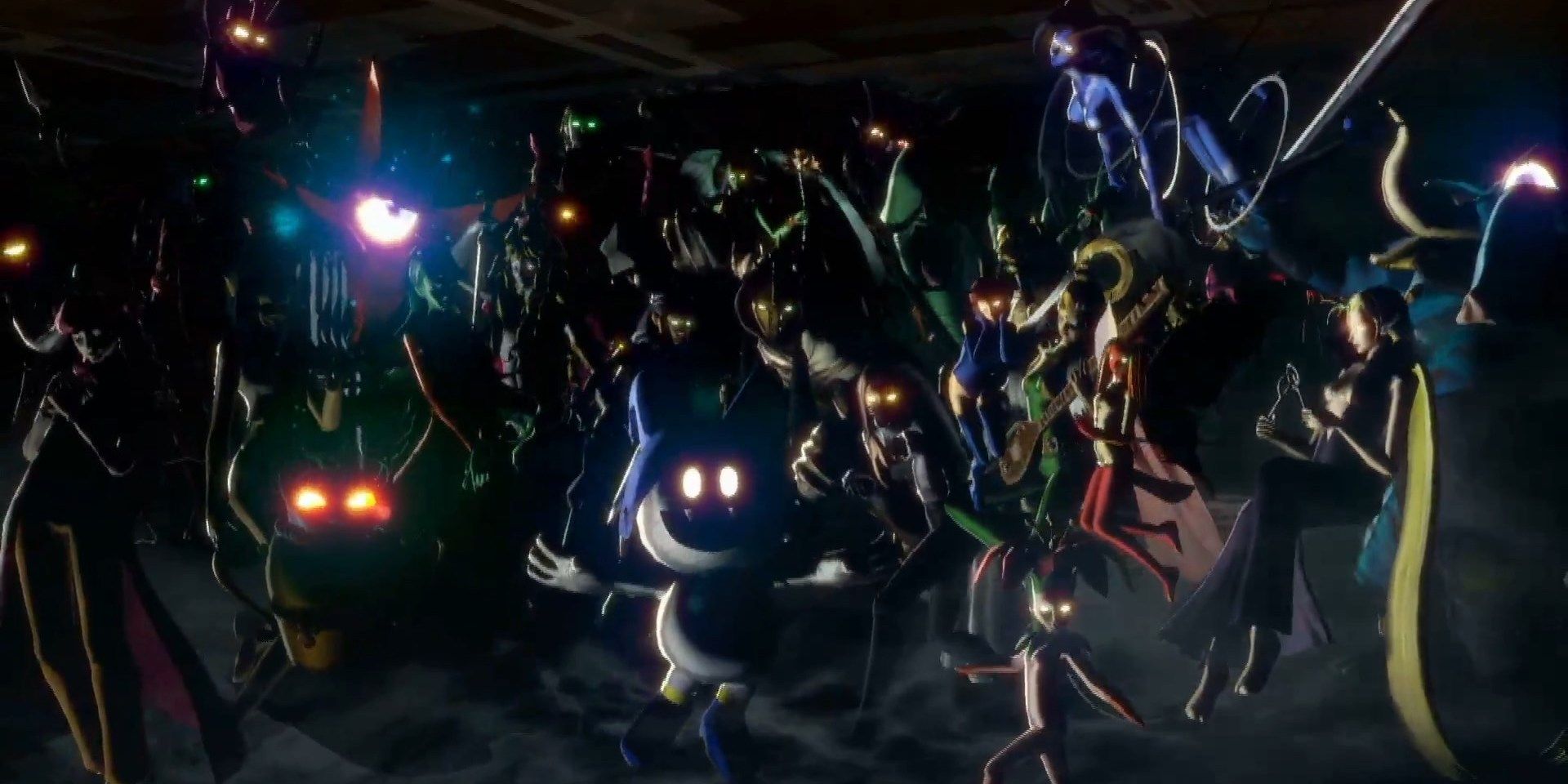
The game that kickstarted the Shin Megami Tensei and Persona franchises, the Shin Megami Tensei I RPG embraced the idea of an "Everyman Hero" to a degree unmatched by few other titles. In SMT I, the main character is explicitly an ordinary high-school student with a Demon Summoning Program on their wrist computer, a tool they use to negotiate with and command mythological beings in order to fend off the demonic hordes invading Tokyo. In perhaps the biggest middle finger to the idea of being "Chosen", SMT's infamous Neutral Ending lets players reject both the heavenly forces of Law and the infernal forces of Chaos, slaying the chosen ones of each side in order to protect the balance.
from ScreenRant - Feed https://ift.tt/2ZimjY2



0 Comments